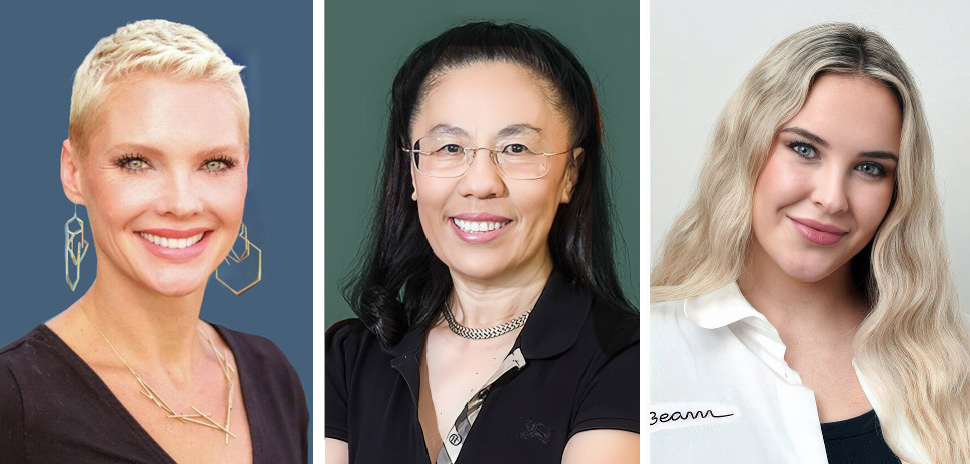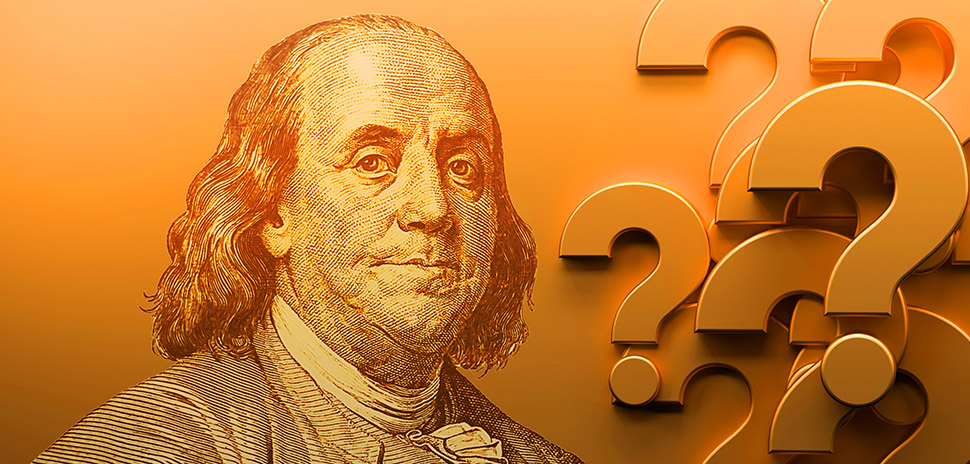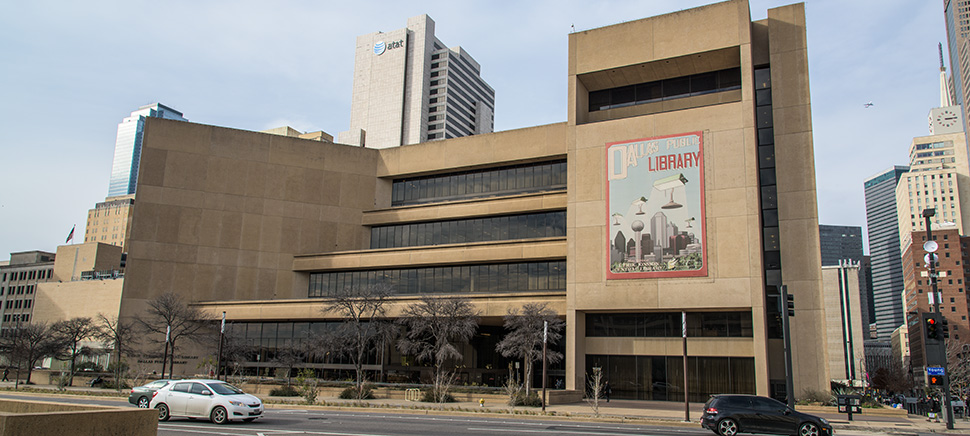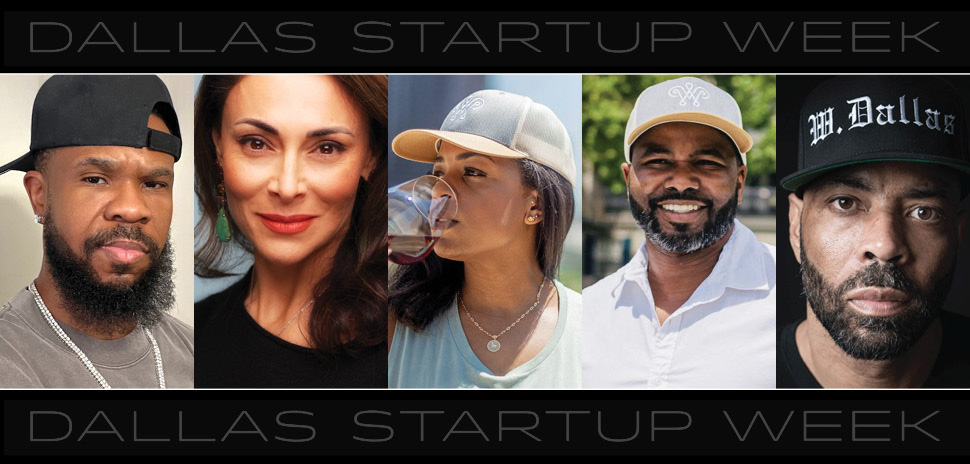Three female founders at varying stages of their healthcare startup journeys shared their best advice for aspiring entrepreneurs in a panel discussion earlier this month at Dallas Startup Week.
While they differed in the amount of experience they had with startups, the founders all agreed on the importance of focusing on a timely problem, building a strong support network, and making the most of every opportunity.
The veteran in the group was serial entrepreneur Sunny Nadolsky, who completed a successful exit with startup MediBookr in 2021. She has a new “baby” called BridgeCare, an AI-focused company to address a pressing need: supporting mental wellness in high school and college students, with a special focus on international students.
Nadolsky was part of a Health Wildcatters’ cohort in 2016. Now she’s a mentor with both Health Wildcatters and UT Southwestern’s Dolphin Tank.
And yes, she compares the startup journey with giving birth. You begin with a great deal of excitement, but then you realize how difficult it is.
“By the time you exit, you think, ‘This is great, but I’m not going to do that again,’” Nadolsky said. “Then less than a year later you think about starting another.”
Pain point: Capital Factory portfolio company brings psychology and biology together leveraging AI
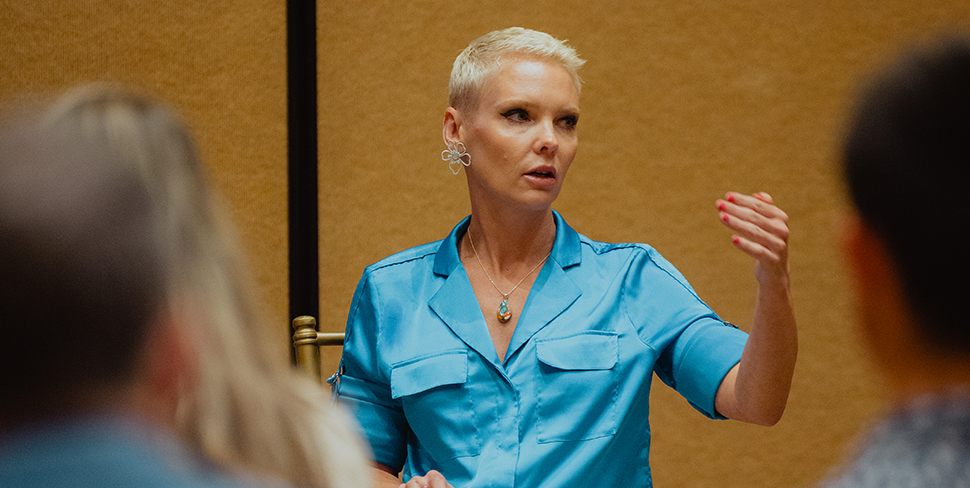
Kaitlin Roberson of Cacti Therapeutics [Photo: Tres Cox/Dallas Startup Week]
For Cacti Therapeutics CEO Kaitlin Roberson, her startup team begins at home.
She and her husband and neurobiologist David Roberson co-founded Cacti in 2022 to address both the physical and mental aspects of chronic pain.
Roberson, who holds a master’s in psychology from Harvard, said, “We wanted to bring psychology and biology together.”
While Roberson is new to leading a startup, her husband is the founder of Blackbox Bio, which uses AI to watch how lab mice and rats behave to get better data and eventually generate virtual mice, and is a co-founder of Blue Therapeutics, a Boston-based drug discovery and development company.
David Roberson was interested in the use of psychedelics to treat chronic pain, specifically phenethylamines from the cactus family. Hence the name Cacti Therapeutics, which became part of the Capital Factory portfolio this year.
Therapy in a blanket: An SMU Grad’s Entrepreneurial Red Light Glow-Up
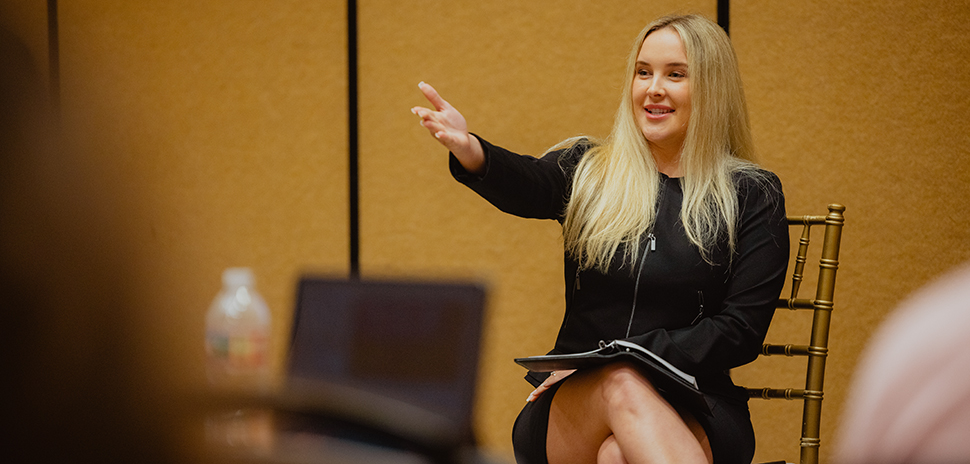
Jena Rangnow of Beam Wellness [Photo: Tres Cox/Dallas Startup Week]
The newest founder is Jena Rangnow, who launched Beam Wellness last year, leveraging her experience in the Southern Methodist University MBA program.
When she worked as a marketing professional for a Dallas-based medical spa, she experienced the rejuvenating effects of red-light therapy in a facial.
While designing a marketing campaign, she discovered a multitude of benefits of light therapy. Because spa visits get expensive, she wanted to create a device for body therapy that could be used at home. Thus began the long road to creating a red-light therapy blanket.
Rangnow is part of the 2023 cohort for Health Wildcatters.
While in school, she took advantage of every opportunity to get help with her product and learn about starting a business, even applying to be an event planner for the SMU Graduate Entrepreneurship Club, where she first encountered Health Wildcatters.
“At SMU, I was exposed to the huge ecosystem of startups,” she said.
Here are some key takeaways from the three founders.
Founder frontlines
On how leading a startup impacts your life
Roberson: “No one can fully prepare you for how this will consume your life,” she said. “When you own a business, you own responsibility for every decision made. You think about it all the time, at night and on vacation. Hopefully, on vacation, you get sparks of inspiration.”
Roberson said that it helps to be disciplined in her routines. She has four children and trains for triathlons, so making time for top priorities is key.
Nadolsky: The serial founder talked about the all-consuming power of starting a business.
“You better really love what you do, or you won’t be able to stand it,” Nadolsky said. “Be sure you’re ready to be consumed.”
Her advice is to make time to spend with loved ones and with yourself. To help deal with the stresses of startups, Nadolsky developed the habit of running twice a day.
Rangnow: “You’ll need mental fortitude and resilience,” she said.
On the first run for her blankets, Rangnow couldn’t find a final assembler. Rangnow decided to finish that initial batch herself. It took three hours per blanket.
She also stressed the importance of relationships.
“You don’t know what relationship will bring new business,” she said. “Building relationships is part of our job as founders.”
On the importance of pivots
Nadolsky: When she first began MediBookr, Nadolsky wanted to bring price transparency in medical imaging to patients. But working with individual patients—some of whom couldn’t afford expensive imaging—proved problematic.
Instead, she decided to get to patients through employers and benefits officers, who also had a stake in keeping costs in check.
“Many things will not unfold or evolve the way you thought they would,” Nadolsky said. “The sooner you get there, the better for you, and the faster you’ll get your product.”
Rangnow: Don’t underestimate the power of branding.
Rangnow originally wanted to call her business “BlankEmit,” but mentors encouraged her to search out a name that had a positive, emotional appeal to potential customers. She and her team settled on Beam Wellness.
Rangnow also recommended diversification as you get to know your market. Beam Wellness is working on other light therapy products now for the face and neck.
Through it all, “stay true to yourself and your mission.”
Roberson: She and her team had a couple of pivots in their first year.
“A psychedelic drug has tough regulatory hurdles,” Roberson said. “What is going to be the low-hanging fruit?”
When MDMA (Ecstasy) didn’t get FDA approval earlier this month, she and her team anticipated that decision.
“For safety and psychological reasons, bringing a known street drug into treatment is a tough hurdle, even though it’s really effective for some in the treatment of PTSD,” Roberson said.
The Cacti team knew they needed to design something that doesn’t produce hallucinogenic effects. They began to look at neuroplastogens, novel compounds capable of boosting structural and functional neuroplasticity, and specifically ones that didn’t cross the brain-blood barrier. If the drug doesn’t produce a high, it lowers the regulatory hurdle.
On keeping your “why” at the forefront
Rangnow: Her grandmother suffered from arthritis so severe that she was bedridden in her final years. As Rangnow was working to develop her product, her grandmother passed away. She wishes she could have given her grandmother a light-emitting blanket because it might have reduced her suffering.
Now that her business is well underway, she keeps her priorities top of mind.
“Be sure you can do right by your investors and your customers.”
Roberson: In both her work with refugees and talking with other chronic pain sufferers, she realized tackling pain requires a multifaceted approach. If pain medication is dispensed, the pain might not go away because it is rooted in trauma.
“If you don’t address people’s trauma, it’s going to keep sending a pain signal to the brain,” Roberson said.
Her “big, audacious dream” is that pain will be treated more holistically.
And she’s mindful of her impact.
“I’m going to put good out in the world because that is my legacy. That’s how I keep my chin up,” she said.
Nadolsky: As the founder took a break from entrepreneurial life following her exit with MediBookr, she began to think about helping students with mental wellness.
“You want to see where the rubber meets the road,” Nadolsky said. “I wanted to bring preventative solutions to students.”
She found that the best way to do that was to go through high schools and colleges with BridgeCare. And because she’s a serial entrepreneur, you get the idea that this won’t be her last startup.
“Every day you see problems, and you get itchy to solve them,” she said.
![]()
Get on the list.
Dallas Innovates, every day.
Sign up to keep your eye on what’s new and next in Dallas-Fort Worth, every day.
